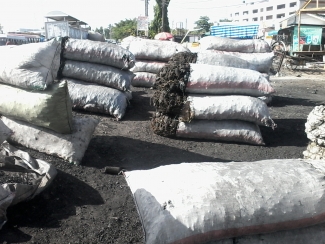Does Forest Certification in Developing Countries Have Environmental Benefits? Insights from Mexican Corrective Action Requests
Certification is intended to improve management of and environmental outcomes in developing country forests. Yet we know little about whether and how it actually generates such benefits.
